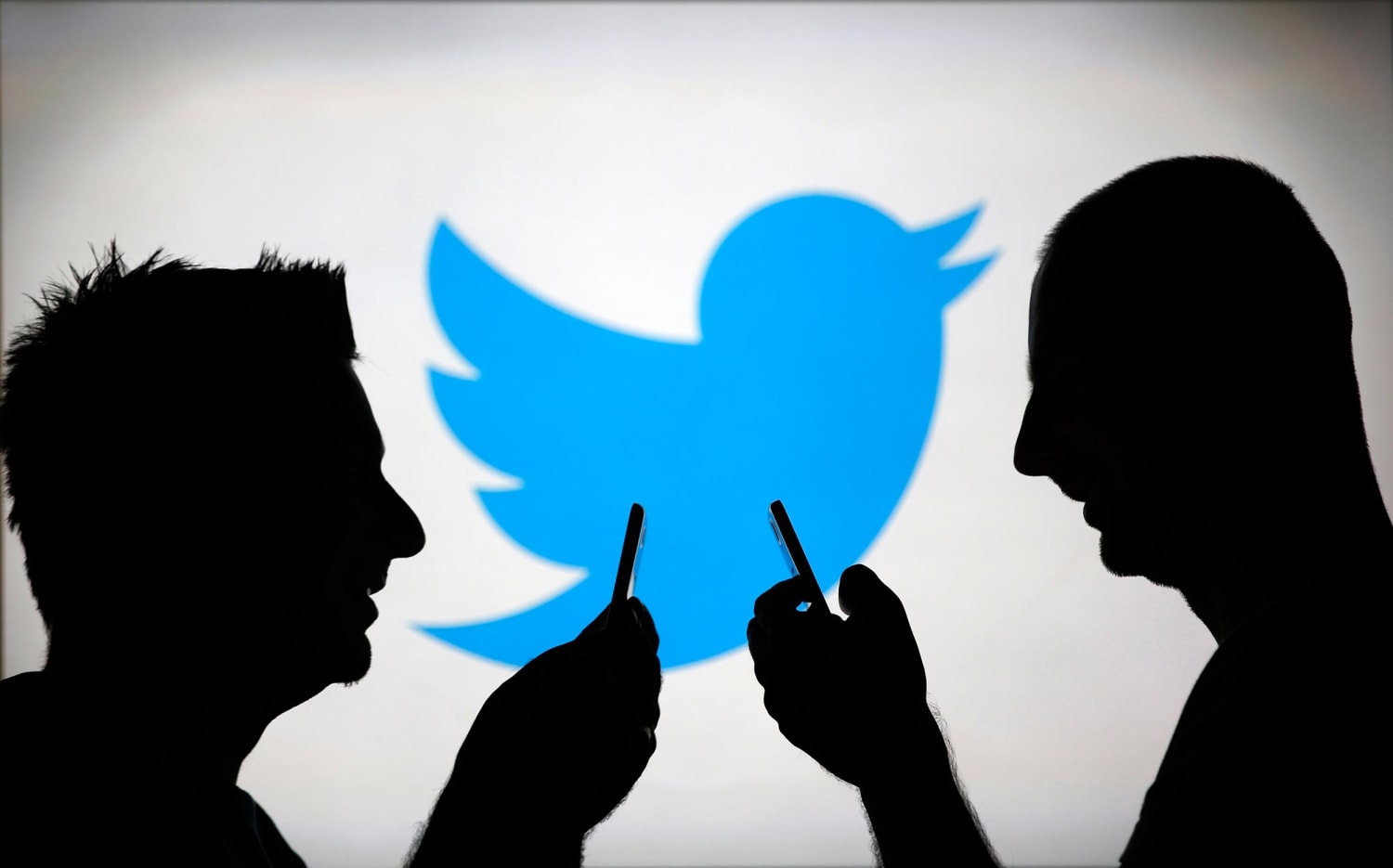POSTED BY Meghan Bonk

A recent BBC news article reported that Twitter has initiated a lawsuit against the United States Department of Justice and the Federal Bureau of Investigation, alleging a free speech violation in relation to surveillance. Attorneys for Twitter claim that the suit was brought as an incentive for the government to be more “transparent” about surveillance and personal data requests.
Current government regulations prohibit Twitter from revealing specific information regarding the government’s access to users’ data in relation to national security. Twitter argues that by prohibiting the company from discussing users’ concerns about government access to personal data is a violation of the right to free speech defined by the First Amendment in the United States constitution. A BBC News article reported that Ben Lee, Twitter’s attorney, made his views known in a blog post, stating, “It’s our belief that we are entitled under the First Amendment to respond to our users’ concerns and to the statements of the US government officials by providing information about the scope of US government surveillance.”
Twitter submitted a Transparency Report to the United States government in April with hopes of publication. At present time, officials have denied Twitter’s request to share surveillance reports with the public. The nature and number of requests for user information is part of the report. Twitter released a statement alleging that not only does the government fail to speak about the scope of its national security surveillance pertaining to U.S. communication providers, it also prohibits providers from offering their own perspective on these “national security-related requests.”
Twitter’s stance on the government’s regulations and incomplete speech on the scope of its surveillance activities is extremely valid. From a business perspective, Twitter more likely than not fears that if its users are unaware of the scope of government surveillance on their Twitter accounts, they may be dissuaded from using the social media network. This obviously would result in a devastating blow to the company. Twitter, however, is not the only communication provider who receives government requests to access user data. Google and the American Civil Liberties Union are examples of other firms who actually receive more requests than Twitter does. Microsoft, Facebook and Dropbox are examples of other companies who have been fighting back against the government’s surveillance requests. So, while Twitter does have a just concern, it is not the only company of its breed to face these issues. In a day and age where our national security can become threatened at any moment, Twitter’s business concerns will always take a backseat to the government’s agenda to keep our country safe. By sharing information about the scope of government surveillance on personal data, Twitter becomes a barrier to the government and a burden to the way it wishes to carry out its investigations.
